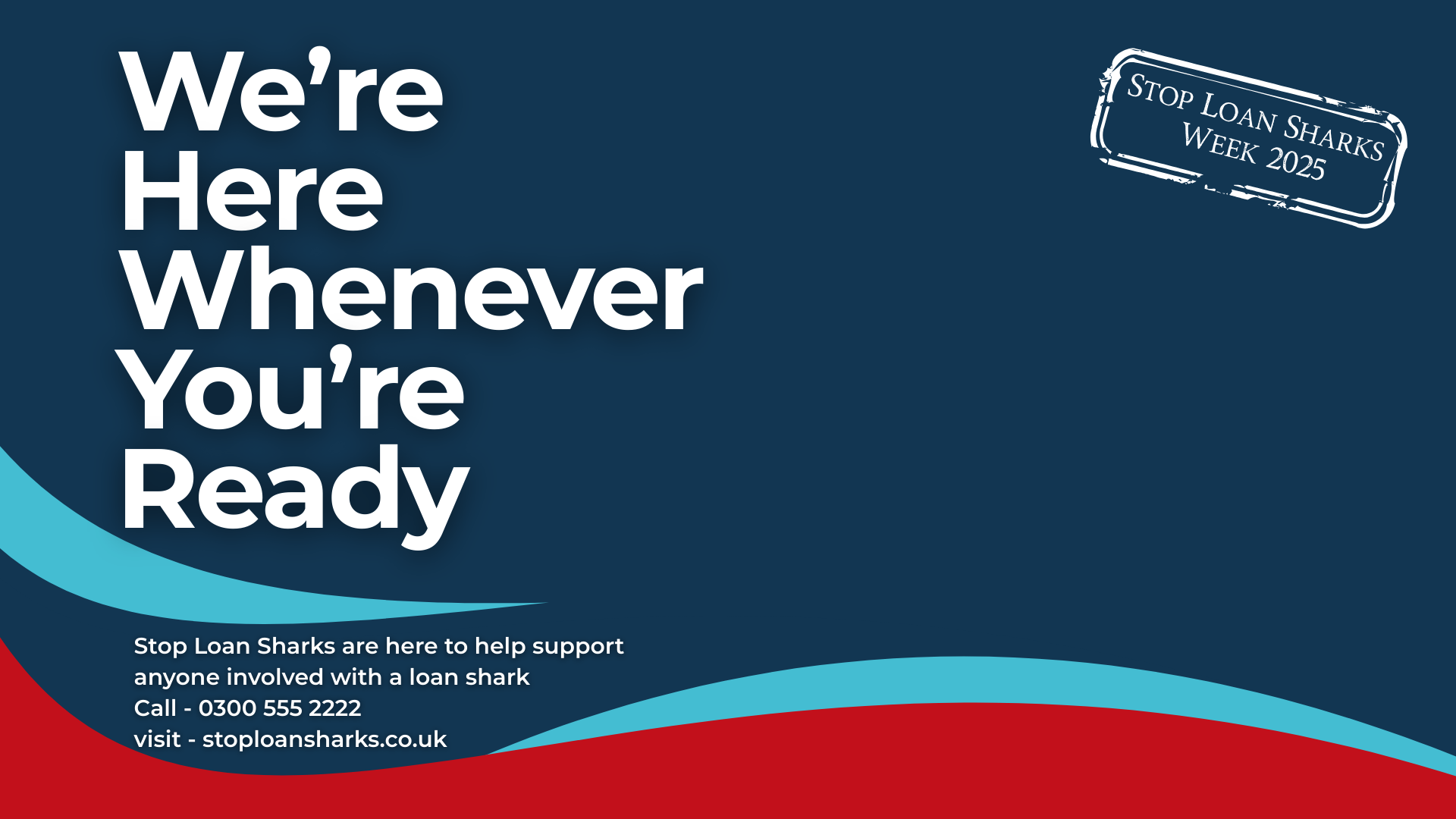An ISA could unlock thousands of pounds worth of tax-free cash, but how do they actually work?
Nothing has hit Britons harder in recent years than the cost of living crisis. For some it’s meant pinching the pennies while for others, it’s meant a complete overhaul of their finances. In this climate, more and more people are looking at ways to be smarter with their money.
One smart way to make money go further is with ISAs. Formally known as Individual Savings Accounts, ISAs can help you save better, invest further, and protect your money from the tax man.
Sound too good to be true? Well, for once, it’s not. But ISAs can be complex beasts to get a handle on.
That’s why we’re diving deeper into everything ISA so you can make a more informed decision with your cash this tax year.
In this blog post, you’ll learn the answers to:
And much more. Let’s get started…
So, what actually is an ISA?
Launched back in the late 90s, ISAs are simply savings and investment accounts you don’t have to pay tax on.
But to keep the tax-free accounts, you’ll need to stick to a few key rules.
- All adults get a yearly ISA allowance of £20,000.
- It’s tax year, not calendar year.
- You need to save or invest by 5 April for it to count in that tax year.
- Unused allowance doesn’t roll over into the next tax year.
- The amount can be split across different ISA types, as long as the total doesn’t exceed the yearly allowance.
- Savings and investments that tick the ISA boxes will continue to get the tax-free benefits until you choose to take the money out.
Delving a Little Deeper
ISAs are becoming more popular than ever.
In the 21/22 financial year alone, 3.9 million stocks and shares ISAs and 7.1 million cash ISAs were opened. And while the cash ISA figure is levelling out, for stocks and share that number has increased exponentially.
There’s more than one ISA available to you, but for beginners, the cash ISA is probably the best place to start.
The Cash ISA
ISAs allow you to get more from your money by just saving.
You can subscribe to them through a few different outlets; Credit Unions, banks, building societies, and National Savings and Investments (NS&I). Functioning like savings account, the only difference with a cash ISA is how much you can pay in and how you change accounts.
Here’s a quick rundown of what you can get from saving in a cash ISA.
- Basic rate taxpayers (20%) can earn up to £1,000 interest a year.
- Higher rate taxpayers (40%) can earn up to £500 interest a year.
- Additional rate taxpayers (45%) can’t earn anything as they don’t get an allowance.
If you go over the personal savings allowance (PSA) of £20,000 per tax year, you might have to pay tax.
You can only pay into 1 cash ISA each tax year. So if you find a better deal out there, you’ll have to make an ISA transfer. To do this, you have to submit an ISA transfer request – that goes straight to the new account provider.
Remember, check all the savings and investment options available to you before settling.
Some savings accounts have rates that absolutely smash the interest you could get from a cash ISA. It all comes down to how much you want to, or can, save in that tax year.
Types of Cash ISA
Much like ISAs themselves come in different types to suit different styles, so do cash ISAs.
Lets take a closer look:
- Easy-Access Cash ISAs: Put your cash in and access it whenever without penalties.
- Fixed Rate Cash ISAs: Offering higher rates than easy-access, these ISAs have an interest penalty for accessing cash.
- Help to Buy ISAs: For first-time buyers, get a 25% bonus at a maximum of £3,000 from the government. They aren’t available to open new, but you can still switch providers on an old one.
- Notice Cash ISAs: Withdraw cash from this ISA by giving a specific number of days notice.
The cash ISA for you depends entirely on your saving style, your risk profile, and what resources you have.
Is a Cash ISA Safe?
The big question, are cash ISAs actually safe?
Well, yes, as long as you follow a few guidelines. Cash ISAs get the same protections as a normal savings account.
If you’re money’s in a UK-regulated bank or building society account, up to £85,000 is protected under the Financial Services Compensation Scheme (FSCS). This is a pretty simple overview, so for more detailed info, make sure to look into the scheme further.
Other ISA types worth noting
But cash ISAs aren’t the only kid on the savings block.
The Stocks & Shares ISA
Know your way around the financial world? You can choose to use your allowance to invest through a stocks and shares ISA.
They’re offered by lots of banks who provide simple investment platforms to manage your accounts.
Using these accounts, you can invest in:
- Funds: Shares or bonds from different companies brought together in one investment.
- Bonds: Essentially loans to a company or government.
- Shares: Shares in individual companies.
No matter which way you look at it, investments are a risky business. That’s because their value goes up or down depending on how well your funds, bonds, or shares are doing in real time.
While investment returns can be much higher than cash ones, they’re not guaranteed due to their volatile nature. So to make the most of these accounts, you need to be in it for the long haul.
The Junior ISA
You can even open an ISA for your little bundle of joy.
Junior ISAs (JISA) have a limit of £9,000 per tax year, but if you have more than one child, you can have a JISA for each of them with the same limit individually.
Unlike other ISAs, the JISA isn’t part of your £20,000 allowance.
You can choose to have it as a cash or stocks and shares option, but each child can only have one at a time. And anything you put in these accounts can’t be touched until your little one is 18 when the account flips into and adult version and they manage it themselves.
While cash JISAs are generally better than their adult counterparts, standard bank savings accounts can usually beat their interest rates.
The real benefits of JISAs is in their stocks and shares versions.
That’s because, while investing is risky and money isn’t guaranteed, cash in the junior account is usually set to stay there for a while. Meaning they could have up to 18 years of incredible investment growth.
Is an ISA for you?
ISAs might look scary, but once you’ve blown the jargon away, they’re actually quite simple. These savings havens could be the key to unlocking additional long-term wealth. But it all comes down to which account.
Make sure to choose the option that works best for you, your money, and your future. Need a little more advice? Get in touch with the friendly Clockwise team for some expert help.








